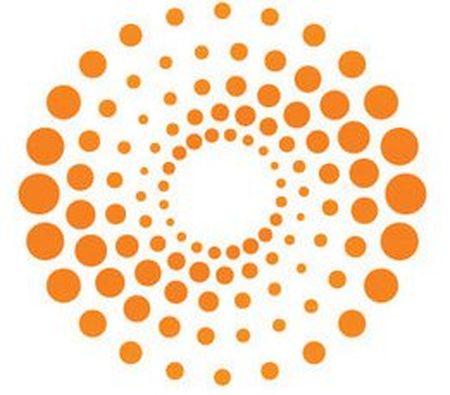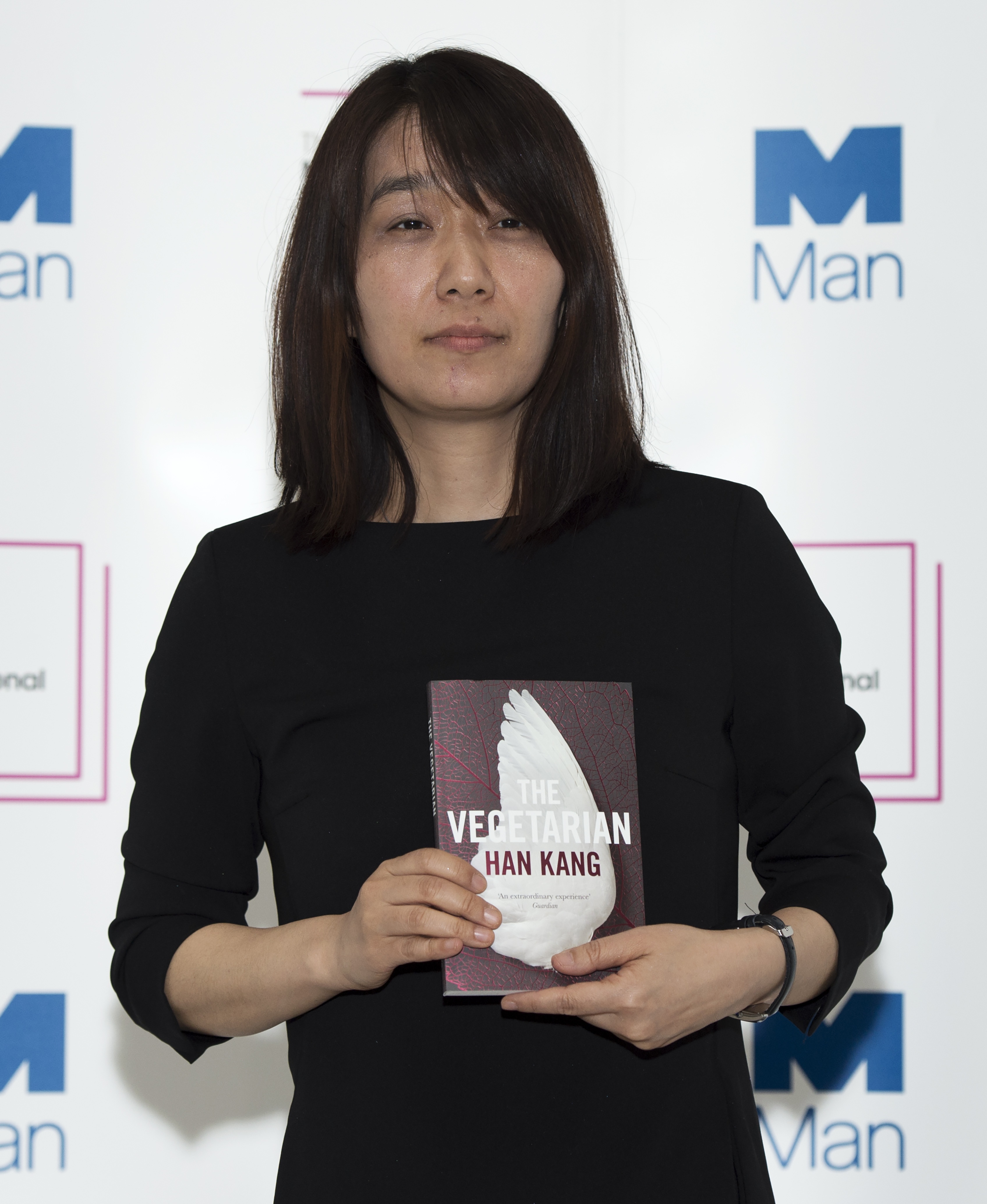The prize is awarded by the Swedish Academy and is worth 11 million Swedish crowns ($1.1 million).
The prizes, for achievements in science, literature and peace, were created through a bequest in the will of Swedish dynamite inventor and businessman Alfred Nobel. They have been awarded since 1901, with the final prize in the line-up - economics - being a later addition.
After peace, the literature award tends to garner the most attention, thrusting authors into the global spotlight and yielding a spike in book sales that can, however, be relatively short-lived for authors who are not household names.
Even so, the prize money and a place on a list that includes luminaries such as Irish poet W.B. Yeats, who won in 1923, American novelist Ernest Hemingway, who took the award in 1954, and Colombia's Gabriel Garcia Marquez, winner in 1982, is an appealing proposition.
Norwegian author and dramatist Jon Fosse won in 2023.
The fourth award to be handed out every year, the literature prize follows those for medicine, physics and chemistry announced earlier this week.
(Reporting by Niklas Pollard, Simon Johnson and Johan Ahlander in Stockholm and Justyna Pawlak in Warsaw; additional reporting by Terje Solsvik in Oslo; Editing by Alex Richardson)





 Author Han Kang from South Korea poses for photographs with her fiction novel 'The Vegetarian' after being announced the winner of the 'Man Booker International Prize 2016' with the fiction novel 'The Vegetarian' during a ceremony at the Victoria & Albert Museum in London, Britain, 16 May 2016. The Man Booker Prize for Fiction is a literary prize awarded each year for the best original novel, written in the English language, and published in the United Kingdom. EPA/HANNAH MCKAY
Author Han Kang from South Korea poses for photographs with her fiction novel 'The Vegetarian' after being announced the winner of the 'Man Booker International Prize 2016' with the fiction novel 'The Vegetarian' during a ceremony at the Victoria & Albert Museum in London, Britain, 16 May 2016. The Man Booker Prize for Fiction is a literary prize awarded each year for the best original novel, written in the English language, and published in the United Kingdom. EPA/HANNAH MCKAY